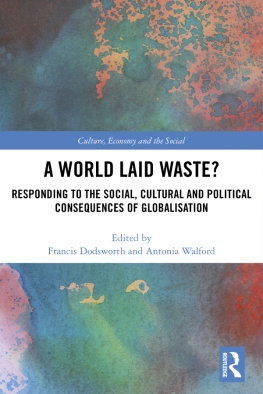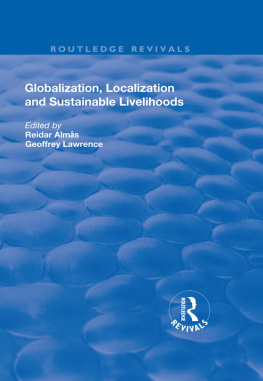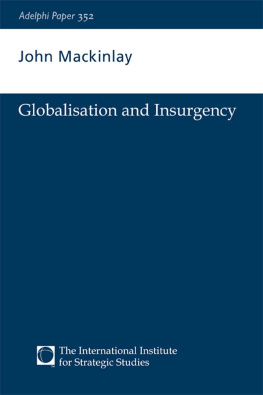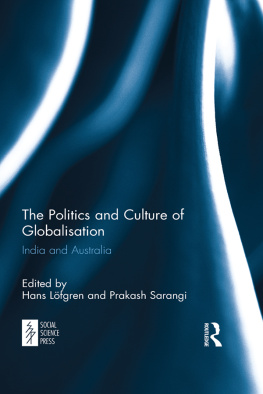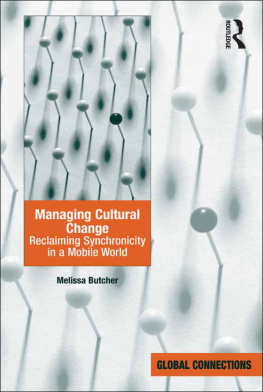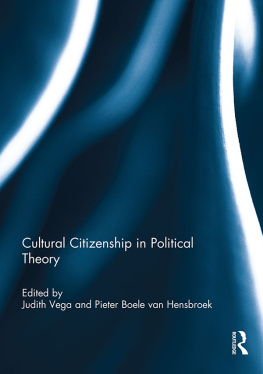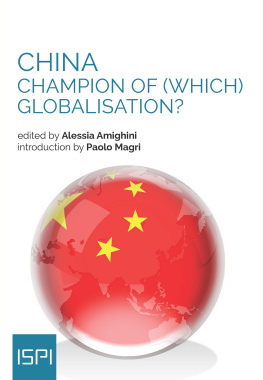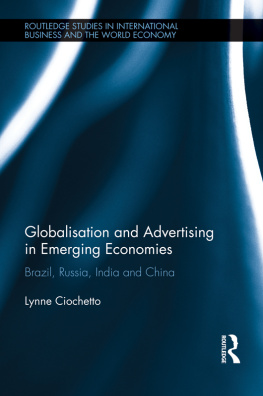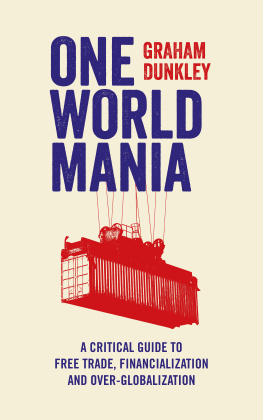A World Laid Waste?
Globalisation and neo-liberalism have seen the rise of new international powers, increasingly interlinked economies and mass urbanisation. The internet, mobile communications and mass migration have transformed lives around the planet. For some, this has been positive and liberating, but it has also been destructive of settled communities and ways of living, ecologies, economies and livelihoods, cultural values, political programmes and identities. This edited volume uses the concept of waste to explore and critique the destructive impact of globalisation and neo-liberalism.
By bringing to bear the distinct perspectives of sociologists of class, religion and culture; anthropologists concerned with infrastructures, material waste and energy; and analysts from accounting and finance exploring financialisation and supply chains, this collection explores how creative responses to the wastelands of globalisation can establish alternative, at times fragile, narratives of hope. Responding to the tendency in contemporary public and academic discourse to resort to a language of the laid to waste or left behind to make sense of social and cultural change, the authors of this volume focus on the practices and rhetorics of waste in a range of different empirical settings to reveal the spaces for political action and social imagination that are emerging even in times of polarisation, uncertainty and disillusionment.
This inter-disciplinary approach, developed through a decade of research in the ESRC Centre for Research on Socio-Cultural Change (CRESC), provides a distinctive perspective on the ways in which people in very different social and cultural contexts are negotiating the destructive and creative possibilities of recent political and economic change.
Francis Dodsworth is Senior Lecturer in Criminology at Kingston University, London, where he has taught criminology and sociology since 2014. Previously, he worked for 10 years in the ESRC Centre for Research on Socio-Cultural Change (CRESC) at The Open University. During that time, he published in several fields ranging from the history of crime, policing and personal protection to the history of architecture and urban improvement and contemporary and historical religious cultures.
Antonia Walford is a Teaching Fellow in Digital Anthropology at University College London, and a Post-Doctoral Research Associate at the Centre for Social Data Science (SODAS), University of Copenhagen. Previously, she was a Research Associate in the ESRC Centre for Research on Socio-Cultural Change, in the Social Life of Methods. Her work explores the effects of the exponential growth of digital data on social and cultural imaginaries and practices, focusing particularly on large-scale digitisation in the environmental sciences.
Culture, Economy and the Social
A new series from CRESC the ESRC Centre for Research on Socio-cultural Change
Editors
Professor Tony Bennett, Social and Cultural Theory, University of Western Sydney; Professor Penny Harvey, Anthropology, Manchester University; Professor Kevin Hetherington, Geography, Open University
Editorial Advisory Board
Andrew Barry, University of Oxford; Michel Callon, Ecole des Mines de Paris; Dipesh Chakrabarty, The University of Chicago; Mike Crang, University of Durham; Tim Dant, Lancaster University; Jean-Louis Fabiani, Ecoles de Hautes Etudes en Sciences Sociales; Antoine Hennion, Paris Institute of Technology; Eric Hirsch, Brunel University; John Law, The Open University; Randy Martin, New York University; Timothy Mitchell, Columbia University; Rolland Munro, Keele University; Andrew Pickering, University of Exeter; Mary Poovey, New York University; Hugh Willmott, University of Cardiff; Sharon Zukin, Brooklyn College City University New York/Graduate School, City University of New York
The Culture, Economy and the Social series is committed to innovative contemporary, comparative and historical work on the relations between social, cultural and economic change. It publishes empirically-based research that is theoretically informed, that critically examines the ways in which social, cultural and economic change is framed and made visible, and that is attentive to perspectives that tend to be ignored or side-lined by grand theorising or epochal accounts of social change. The series addresses the diverse manifestations of contemporary capitalism, and considers the various ways in which the `social, `the cultural and `the economic are apprehended as tangible sites of value and practice. It is explicitly comparative, publishing books that work across disciplinary perspectives, cross-culturally, or across different historical periods.
The series is actively engaged in the analysis of the different theoretical traditions that have contributed to the development of the `cultural turn with a view to clarifying where these approaches converge and where they diverge on a particular issue. It is equally concerned to explore the new critical agendas emerging from current critiques of the cultural turn: those associated with the descriptive turn for example. Our commitment to interdisciplinarity thus aims at enriching theoretical and methodological discussion, building awareness of the common ground that has emerged in the past decade, and thinking through what is at stake in those approaches that resist integration to a common analytical model.
www.routledge.com/CRESC/book-series/CRESC
First published 2018
by Routledge
2 Park Square, Milton Park, Abingdon, Oxon OX14 4RN
and by Routledge
711 Third Avenue, New York, NY 10017
Routledge is an imprint of the Taylor & Francis Group, an informa business
2018 selection and editorial matter, Francis Dodsworth and Antonia Walford; individual chapters, the contributors
The right of Francis Dodsworth and Antonia Walford to be identified as the authors of the editorial material, and of the authors for their individual chapters, has been asserted in accordance with sections 77 and 78 of the Copyright, Designs and Patents Act 1988.
All rights reserved. No part of this book may be reprinted or reproduced or utilised in any form or by any electronic, mechanical, or other means, now known or hereafter invented, including photocopying and recording, or in any information storage or retrieval system, without permission in writing from the publishers.
Trademark notice: Product or corporate names may be trademarks or registered trademarks, and are used only for identification and explanation without intent to infringe.
British Library Cataloguing-in-Publication Data
A catalogue record for this book is available from the British Library
Library of Congress Cataloging-in-Publication Data
A catalog record for this book has been requested
ISBN: 978-1-138-24498-6 (hbk)
ISBN: 978-1-315-27648-9 (ebk)
Typeset in Times New Roman
by Wearset Ltd, Boldon, Tyne and Wear

